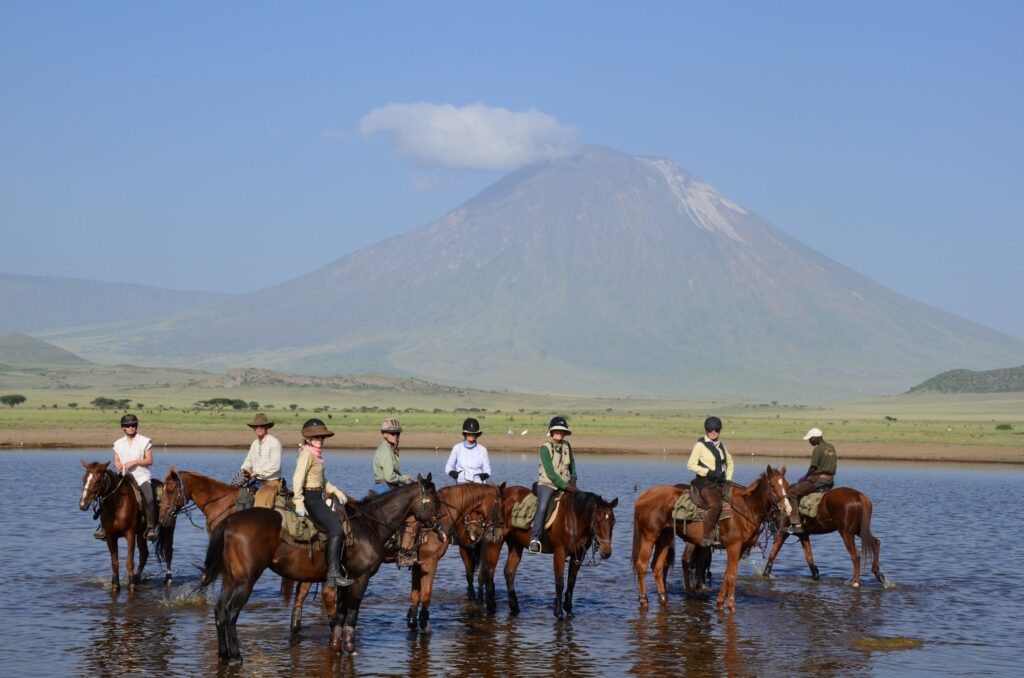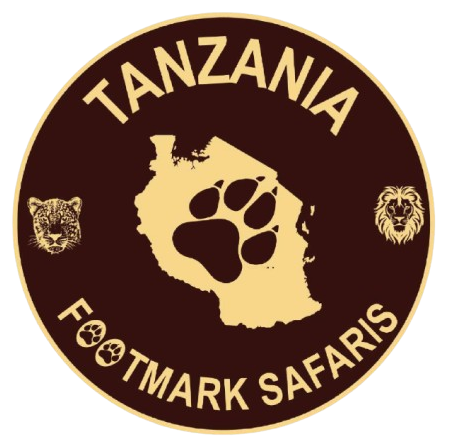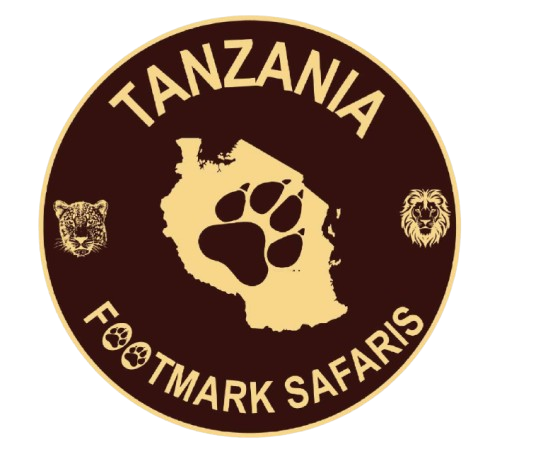Horse Ride
It's Time to Start Your Adventure
Picturing Out You Are Passing By The Herbs Of Giraffes Or Walking Along Zebra, Gazelle And Wildebeest Not In A Jeep But On The Back Of A Horse.
This Is The Hidden Trails Which You’ll Only Experience In A African Safari.
The Country Has Finest Landscapes And Backdrop Of Magnificent Snow-Capped Mount Kilimanjaro Which Will Make Your African Safari Unforgettable Experience.
This Is The Perfect Experience For Those Who Are Searching For An Authentic Horseback Adventure With Their Families ,Couples Or Solo Travelers .Tanzania Destination Has A Huge Open Plains Which Offers The Quintessential Playground For All Kinds Of Riders .
Frequently Asked Questions
Our Tailor-Made Experts Team Develops Customized Itineraries And Special Departures For A Wide Variety Of Travelers, Including Travelers With Disabilities.
Our Existing Itineraries Are Not Specifically Designed For Travelers With Disabilities, But That Doesn’t Mean You Will Not Be Able To Enjoy One Of Our Small Group Tours – It’s Largely Dependent On Your Specific Needs And The Destination You Wish To Visit. You May Also Prefer To Speak To Our Tailor-Made Experts Team To Arrange A Customized Itinerary To Suit Your Needs.
Everyone’s Level Of Ability Is Unique, Which Is Why We Take The Time To Assess Whether You Will Be Able To Complete An Existing Itinerary, Or Whether We Will Be Able To Make Reasonable Adjustments To Meet Your Needs Before You Book.
Completing An Existing Itinerary Generally Includes Such Things As Being Able To Carry Your Own Bags, Using Our Existing Transport And Accommodation (Such As Local Buses And Homestays), And Being Able To Look After Yourself Independently Without Your Leader’s Supervision Or Other Assistance, Both In Scheduled Free Time And During Included Activities And Meals.
The More We Know About Your Abilities, The Better We Will Be Able To Assess What We May Be Able To Do To Accommodate You And Enable You To Complete The Itinerary, Either With Or Without Reasonable Adjustments In Place.
Horseback Ride packages .
Tanzania Is Renowned For Having The Beautiful Landscape With The Abundance Of Wildlife. Over The Half Of The Country’s Area Has Been Reserved For National Parks And Game Reserves .This Makes The Country To Have A Large Enough Area For Your Vacation.
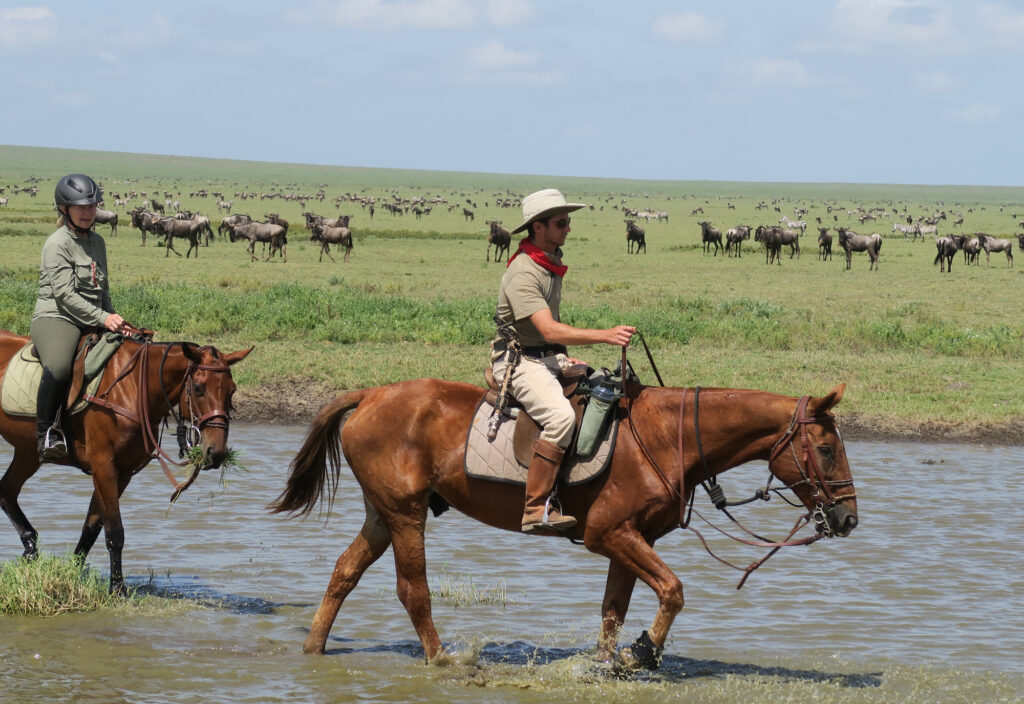
The Serengeti Ride
This is taken place at Serengeti national park .The serengeti park is known for the largest migration of Wildebeest and other herbivorous whereby over One million Wildebeest plus 500 thousand zebras are migrating from southern Serengeti to northern before crossing to Masai Mara in Kenya.
This Serengeti Ride will let you explore the remote ,uninhabited parks of Serengeti plain up to the areas of Ngorongoro Conservation .On this trip you will spot a huge number of wild animals as far as your eyes can reach.
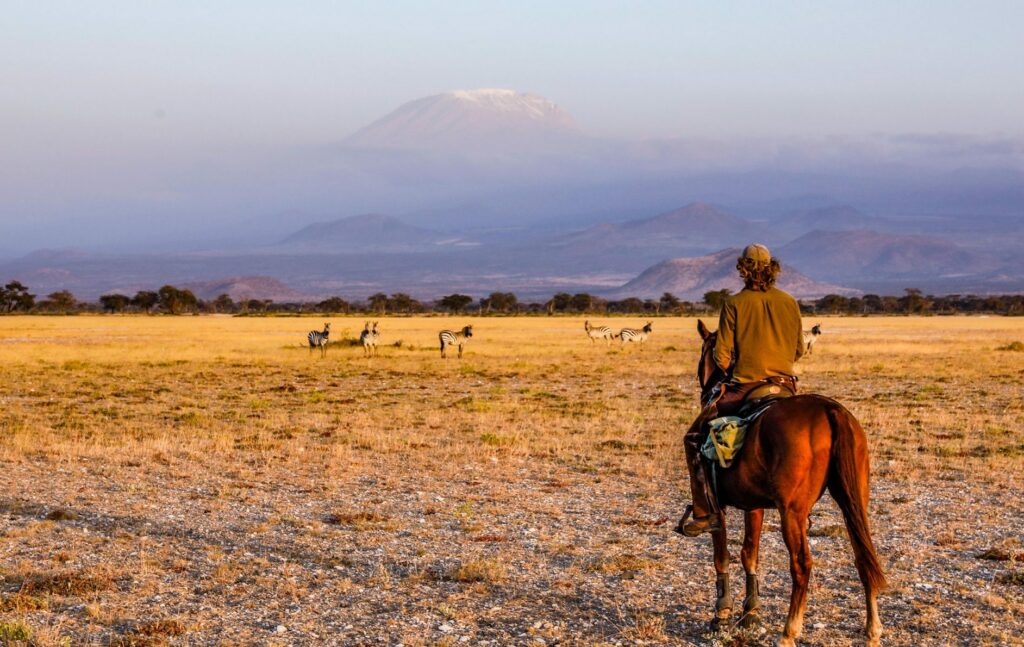
West Kilimanjaro Ride
The magnificent riding safari between Two huge volcanic Mountains for Kilimanajro and Meru.Whereby Kilimanjaro has over 19,000 ft while Mt. Meru is at 15,000 above the sea level.
The ride begins at Arusha Momela National Park drifting around the base of Mt. Meru, while enjoying the greatest diversity of wildlife and landscape.
